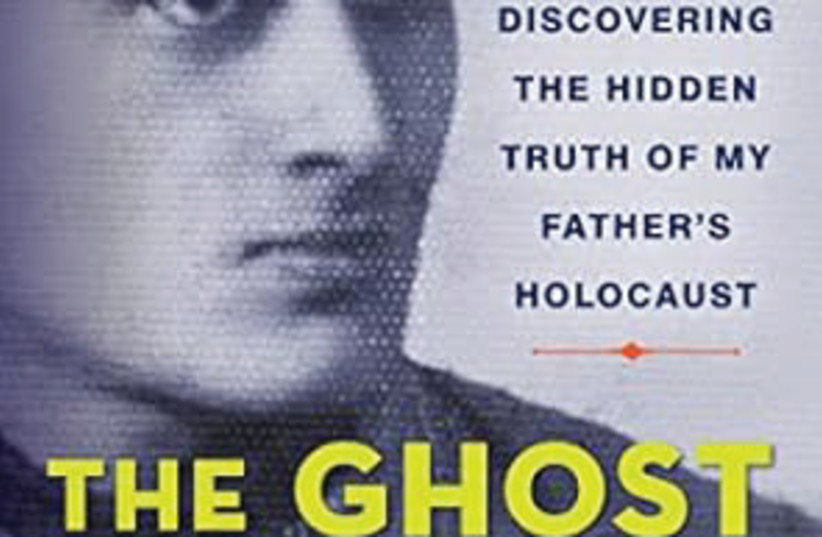A Jewish child begging for food went to a house in Poland occupied by a German officer and his family. Told about the beggar by his daughter, the German officer got his pistol and shot the child. His daughter expressed her contempt – not for her father’s heinous crime but for the murdered Jewish child.
Forced to walk to a train that was taking her and her unborn child to one of the death camps, a woman went into labor. An SS man told her to lie down, and then shot her.
A Nazi-appointed policeman detained a Jew in a Polish town, forced him to lie down on the ground, and put a crate weighted down with rocks on his body. He then poured gasoline on the crate and lit it. The Jewish man died in agony.
These are a few of the acts of unspeakable cruelty pictured in this Holocaust memoir written by Tony Bernard, the son of a survivor.
For many years, his father, Henry, had refused to talk about his Holocaust experiences. Henry had his Auschwitz identity number tattooed on his arm, but besides that, his family knew little of his life before coming to Australia after the war.

“When we were young and Henry had his busy practice [he was a physician in an Australian beach town] and life, he rarely spoke of his wartime experiences, besides an occasional reference to Auschwitz or starvation (usually when we left food on our dinner plates).
”But in his later years when he had less to do and more time to think… the Holocaust period of his life took over both his conscious and unconscious existence.”
Eventually, Henry urged his son to tell his Shoah story.
Telling his story
Henry had been in a labor camp before Auschwitz and was transferred to another after a few months in that most infamous Nazi camp.
What haunted him, however, was his job during the first years of the war. His father had been a member of the Judenrat (Jewish Council), which administered the ghetto under Nazi supervision in his hometown of Tomaszow. Henry’s father told him to join the Jewish ghetto police force in the town. He complied.
THERE WERE perks to the job – better food, freedom to go where he wanted within the ghetto – but the kapos’ main function was to help the Germans control the Jews, steal their property, and finally to send them to their death. Henry was not even able to prevent his mother’s deportation to the Treblinka death camp – a failure that obsessed him until his death more than 70 years later.
Until the end of his life, Henry felt guilty about his time in the Jewish ghetto police.
It’s clear “that if he had refused to do what the Gestapo told him, he would have been shot. He had literally no other choice... The Germans had put him in an awful gray zone. He wasn’t a war criminal, but nor was he one of the innocent dead. He survived through to 1945 because he, like others, was useful to the Germans. What an awful ambiguity to live on with. He was a different kind of victim.”
The Ghost Tattoo
I am in two minds about The Ghost Tattoo. It’s a second-generation Holocaust memoir. I’m sympathetic to children of survivors who want to tell their parent’s stories. “My father (mother) went through this hell, and I want the world to know.” Understandable.
It can be cathartic for the storytellers, many of whose lives were affected by the trauma their parents suffered. Again, understandable.
And there is the “Never Again” thing – the more we tell these horrific tales, the less likely they are to be repeated. OK.
The problem is that I learned very little from The Ghost Tattoo. Almost 70 years after the liberation of the camps, literally thousands of memoirs of Holocaust horrors have been written – even about Jews who policed other Jews for the Nazis as did the survivor in this book.
The writer’s memoir, Figs and Alligators: An American Immigrant’s Life in Israel in the 1970s and 1980s (Chickadee Prince Books), is available online and at bookstores.
